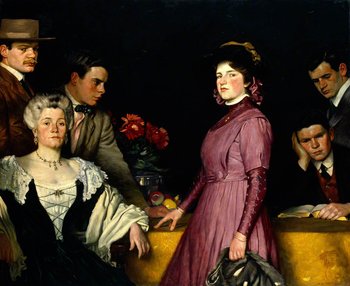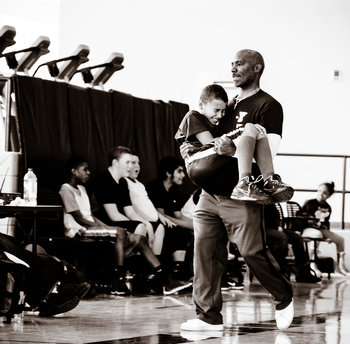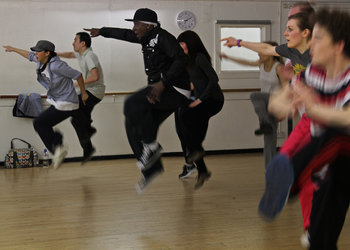
Agreeable | Calm |
Cold | Commanding |
Complacent | Confident |
Conscientious | Conservative |
Cool | Delusional |
Difficult | Diligent |
Emotional | Entitled |
Extroverted | Family-Oriented |
Fashionable | Gritty |
Honest | Idealistic - believes their personal ideas become reality |
Individualistic | Introverted |
Kindhearted | Likeable |
Neurotic | Normal |
Open to Experience | Open-minded |
Optimistic | Passive Aggressive |
Perfectionist | Personable |
Pessimist | Pompous |
Pragmatic | Progressive |
Rational | Realist |
Reckless | Reserved |
Resilient | Risk Avoider |
Risk Taker | Self-absorbed |
Self-important | Sensitive |
Shy | Smug |
The Absent-minded Professor | The Adventurer |
The Alpha Male | The Angry Loner |
The Anti-Hero | The Athlete |
The Attention Seeker | The Authority Figure |
The Beautiful Loner | The Beta Male |
The Big Baby | The Born Lucky |
The Builder | The Bully |
The Caregiver | The Class Clown |
The Clumsy Hero | The Coward |
The Creative Genius | The Crusader |
The Cynic | The Diplomat |
The Disaffected Goth | The Dreamer |
The Eccentric Billionaire | The Eccentric Misfit |
The Egomaniac | The Empath |
The Enchantress | The Everyman |
The Explorer | The Father Figure |
The Femme Fatale | The Fool For Love |
The Free Spirit | The Gamer |
The Gangster | The Geek |
The Gentle Giant | The Girl / Boy Genius |
The Glutton | The Good Samaritan |
The Gourmet | The Great Imposter |
The Guardian Angel | The Guide |
The Hardboiled Detective | The Healer |
The Hipster | The Hopeless Romantic |
The Hopelessly Boring | The Huntress |
The Imposter | The Incompetent Ruler / Boss / Chief |
The Jock | The Leader of the Gang |
The Likeable Villain | The Lone Hero |
The Loose Cannon | The Lovable Rogue |
The Lover | The Loyal Servant |
The Loyalist | The Mad Scientist |
The Man Alone | The Master Builder / Craftsperson |
The Matriarch | The Mentor |
The Misunderstood Visionary | The Momma’s Boy |
The Mother Figure | The Musician |
The Mystic | The Narcissist |
The Natural Leader | The Nemesis |
The Nerd | The Nice Guy |
The Noble Journalist | The Noble King / Queen |
The Nonconformist | The Obstructive Bureaucrat |
The Old Master | The Old Soldier |
The Overachiever | The Patriarch |
The People Person | The Philosopher |
The Polished Professional | The Pollyanna |
The Precocious Child | The Prep |
The Priestess | The Provocateur |
The Psychopath | The Queen Bee |
The Rebel Without a Cause | The Reformer |
The Reluctant Monster | The Rightful Leader |
The Ronin - Samurai without a master | The Saboteur |
The Scorned Goddess | The Scoundrel |
The Seeker | The Shallow Rich Girl / Boy |
The Shape-shifter | The Sidekick / Wingman |
The Sleazy Politician | The Social Climber |
The Sociopath | The Star-Crossed Lovers |
The Starving Artist | The Stickler |
The Strong Silent Type | The Teacher's Pet |
The Team Player | The Thug |
The Trickster | The Try Hard |
The Tyrant | The Useful Idiot |
The Usurper | The Victim |
The Village Idiot | The Voice of Reason |
The Wanderer | The Warrior |
The Weakling | The Whisky Priest |
The Wicked Stepmother | The Wise Old Sage |
The Workaholic | The Worker Bee |






































